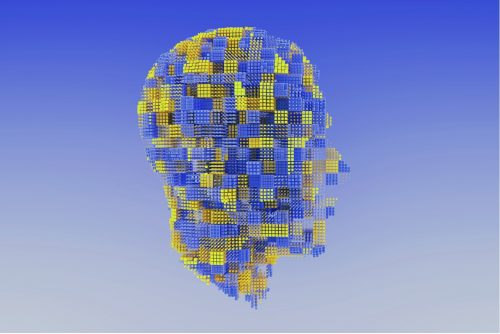
Life sciences companies are likely to begin experimenting further with Artificial Intelligence (AI) in their workflows in the coming years, but they face challenges in AI adoption due to strict regulations. Machine learning has a “black box” problem, meaning that it’s many cases impossible to know how a machine learning algorithm comes to its conclusions.
An AI application that detects cancer, for example, may not be able to show an oncologist how it determined the presence of cancer in a patient’s body. As a result, if the oncologist used the application to diagnose a patient, they wouldn’t be able to explain to the patient what makes them sure they have cancer.
At this moment, life sciences companies are mostly using AI for research and development, drug discovery, and sales and marketing. According to Michael Dukakis Institute for Leadership and Innovation (MDI), AI can be a potential tool and a promising technology in life sciences for medical diagnosis to help people achieve well-being and happiness.










